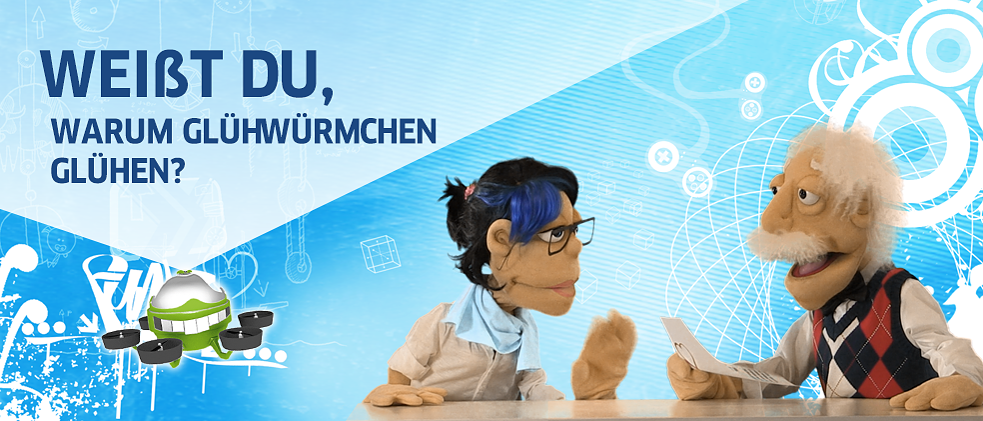The “German with Children’s Online University” extracurricular activities course is structured according to the principles of Content and Language Integrated Learning (CLIL), where German is not only a subject that needs to be grasped but is used as a means of teaching and learning content from other subject matter areas (biology, geography, physics, social studies, history, art). Therefore, the teacher should strive to speak German as much as possible in class. This will ensure that the main scope of planned results is achieved: students will learn to understand the teacher’s speech by listening directly, and reacting verbally and non-verbally to what they hear. They will find themselves in a situation where they will be forced to develop and implement compensatory strategies when there are deficiencies in their understanding of speech in a foreign language. If the teacher follows this rule, students will perceive German not only as a means of communication, but also as a cognitive tool that allows them to discover new knowledge in other subject areas.
If the teacher uses different forms of visual expression, students in any situation in the class will be able to understand, generally speaking, what the subject matter is about. It is necessary to give them the opportunity and time to guess, showing patience and perseverance. A teacher should not try to make children understand absolutely everything. On the contrary, one of the goals of the course (as well as the entire CLIL approach) is to create compensatory strategies for students, to convince them that it is not necessary to translate every word to understand the main content of a text that they hear or read. It is better for teachers to limit themselves to fewer details when presenting information, and to use very simple language tools, but in German. Children can make their guesses in Russian, and the teacher should duplicate their comments and react in the foreign language. “Students ‘pass through’ a lot of language material” is one of the principles of Content and Language Integrated Learning (CLIL). If Russian language becomes the medium to collect information in the classroom, then the main goal of this course as formulated in the work program is ignored: “The goal of this extracurricular activities program is to create conditions for students to use German as a means of broadening their background about the world around them.
While piloting the program, teachers were confronted with problems related to the students’ understanding of German in the classes: “Problems arose in the discussion, not all children were able to express their assumptions in German (due to a lack of vocabulary). If someone could not formulate their thoughts in German, they spoke Russian, and we translated everything together”, “Discussion about shots (Vögel verscheuchen class), map work was done mainly in Russian.”
In such situations in the classroom it is reasonable for teachers to continue communicating with students in the same language (German), using all the visual expression recommended in the scenarios, and children can use two or three languages (including their native and first foreign one) to be understood. It is quite natural that they cannot yet express their opinions, or make assumptions, in German. At these stages, children should be allowed to speak Russian, and the task of the teacher is to duplicate their thoughts in German (to immerse the students in German). “All together” translation is not the best solution to the problems involved in understanding. On the one hand, it means a communication gap (there is no communication during the translation, because all participants have already understood the thought in Russian), and on the other hand, translation can create a situation that sets up failure for the student, whose statement is being translated by joint efforts (“I can’t, but everyone else can”).
The parents of the students attending the classes may ask the question: “Children use their native language so often. And where is German here?” When answering this question, it is necessary to draw the attention of parents to what it means “to know a (foreign) language.” Children start from birth to learn the language (or languages) spoken by the people around them. And the first thing their brain learns to do is not to speak, but to understand the sounds of speech. Without understanding, it is impossible to fully use the language. In the process of acquiring knowledge and understanding the world, the dominant role is also played not by speaking and writing (productive speech activities), but understanding other people’s statements by hearing and reading (receptive speech activities). Yes, students often speak Russian in class, but the subject of the discussion is what they learned with the help of German. This is a completely natural situation in life, when, being outside the environment of the language being studied, we read or listen to something of our professional field in a foreign language and then communicate it to our colleagues, and discuss with them - in our native language - the possibilities of applying this knowledge. Therefore, the goal of “German with Children’s Online University” course is not to teach children how to communicate in the language they are studying, but to show them that a foreign language is an important tool for acquiring knowledge (in addition to their native language).
It is advisable to use Russian during classes in the following cases: to explain the rules of unfamiliar games, to resolve possible conflicts between students, or in potentially dangerous situations for children that could violate safety regulations.
